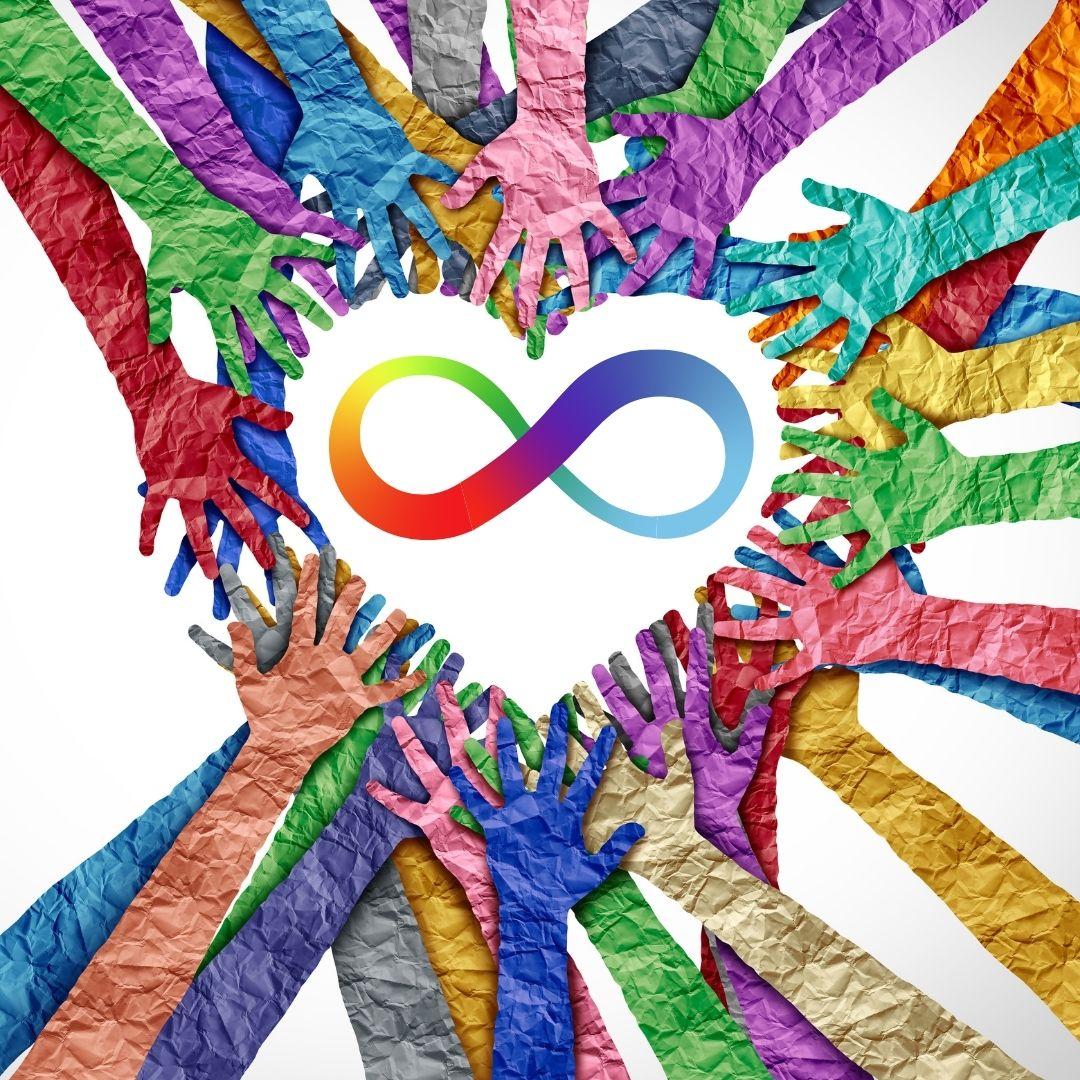

Mackenzie Jerrold
Class of 2025Atlanta, Georgia
About
Hi! My name is Mackenzie, and my project advocates for a change in how social and medical models approach autism. I have always been interested in neuroscience and neurodivergence, so this paper allowed me to explore my passions further and dive deeper into a subject I enjoy learning about!Projects
- Why We Need a Shift in the Social and Medical Model of Our Approach to Autism with mentor Arianna (June 13, 2024)
Mackenzie's Symposium Presentation
Project Portfolio
Why We Need a Shift in the Social and Medical Model of Our Approach to Autism
Started Mar. 6, 2024

Abstract or project description
Autism is a neurotype experienced by over 75 million people worldwide. The DSM-5 describes autism as a developmental disorder with social communication deficits and a tendency to participate in ritualistic behaviors. In 2013, autism was renamed to autism spectrum disorder due to the heterogeneity in causes and outward behaviors of autistic individuals. The only empirical treatment for autism at the moment is the controversial applied behavioral analysis (ABA). In society, autism is often misunderstood and mischaracterized by stereotypes. These misunderstandings can lead to individuals on the spectrum feeling excluded from common activities or at a lack of general opportunities, causing feelings of rejection and loneliness. Additionally, current diagnostic materials and information sources on the topic are using harmful language to describe the traits of autistic individuals, thus further contributing to mental health issues like anxiety and depression. ABA has been criticized as trying to make autistic people more neurotypical, as opposed to accepting them for who they are and asking them for input into their treatment. Although it is important that autistic people self-advocate for their needs, paradigm shifts such as the double empathy problem and the social model of disability could change the way that treating and understanding autistic people is approached, and perhaps remove the underlying concept of normal altogether.